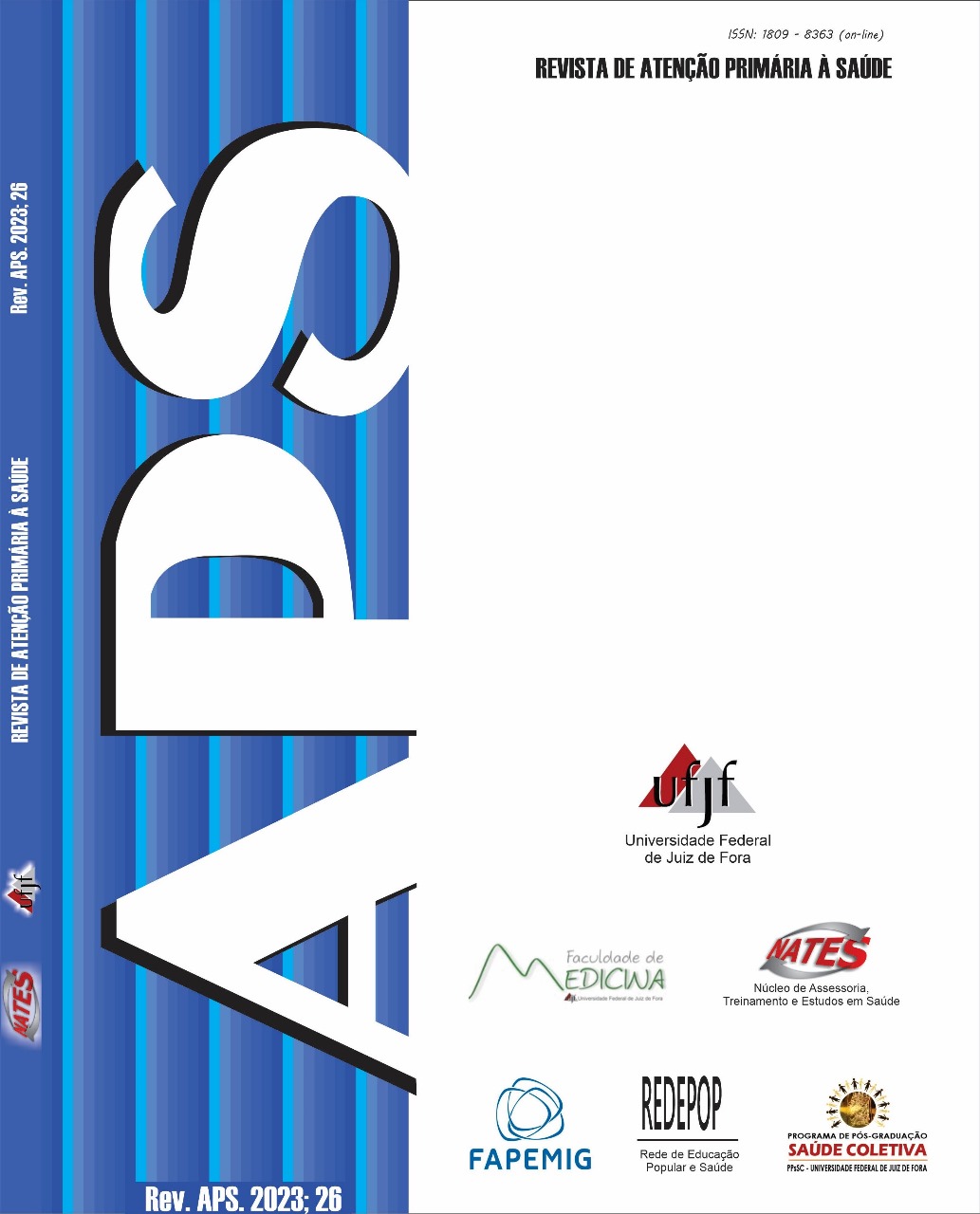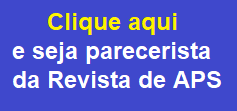Food Insecurity and aspects of the diet of overweight subjects in a municipality Paraíba
DOI:
https://doi.org/10.34019/1809-8363.2023.v26.40159Keywords:
Food Security, Obesity, EatingAbstract
The objective of this article was to describe aspects related to food and nutrition security among overweight and obese individuals residing in a territory covered by a Basic Health Unit in a county in the interior of Paraíba. Cross-sectional, descriptive study with an intentional sample carried out in January 2020 in the county of Nova Floresta, Paraíba. A structured questionnaire with socioeconomic data was used; food security assessment through the Brazilian Food Insecurity Scale; consumption pattern; anthropometric assessment. It is observed that most of the interviewees were female, with their own house paid off, knowing how to read and write easily and without a fixed income. The prevalence was higher for food insecurity and its different levels, as well as, mainly among women, with lower educational level and overweight. During the week, most respondents have meals at home and with other people, sitting at the table; at its end they think they have eaten enough. Every day or twice a week, the most consumed food are basic food of Brazilian food culture. The interviewees less frequently consume processed and ultra-processed food.











